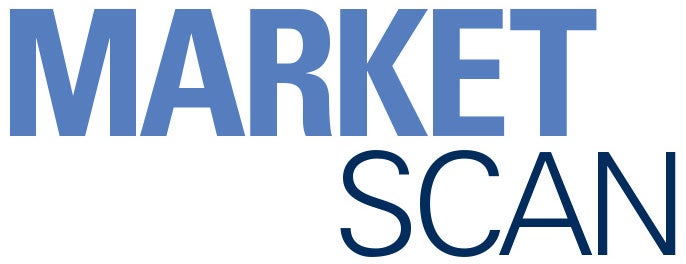

On-demand Health Care Is as Easy as Ordering a Pizza

What’s New?
It a time when groceries, taxis and other goods and services are just a smartphone touch away from showing up at consumers’ doorsteps, America’s on-demand economy is booming. And health care services are a big part of that growth.
An ever-widening array of companies now provide on-demand services ranging from sending a doctor or a nurse practitioner to a patient’s home or workplace to treat nonemergency problems to providing intravenous treatment for conditions like hangovers and food poisoning to sending a trainer and fitness equipment to customers’ homes.
This rapidly growing market niche is part of a larger national trend for on-demand services, an economy worth an estimated $75 billion in 2017, according to the market research firm Rockbridge Associates. That figure represents a 58 percent rise in the sector from 2016 and is just one more example that, for a growing number of consumers, convenience is king. By 2022, Rockbridge estimates that 93 million Americans will purchase on-demand goods or services.
What’s Going On?
Private investors and venture capital firms, in search of the next billion-dollar opportunity, are bankrolling many of these operations in what is becoming a crowded field, the New York Times reports. Heal, an on-demand service that provides physician house calls, has raised $70 million from investors such as singer-songwriter Lionel Richie, former Qualcomm Executive Chairman Paul Jacobs and Tull Investment Group.
DispatchHealth, a mobile urgent care provider that expects to deliver acute care to 80,000 patients this year, has raised $36 million. The company also has partnered with health technology company Philips in an effort to bring on-demand, in-home services to seniors. Healthcare Dive reports that the pilot program, available to select Arizona members of Mercy Care, provides emergency, primary and palliative care services without needing to go to the emergency department. Members prompt care by pressing a button on their Philips Lifeline medical alert system that connects to DispatchHealth’s support center, dispatching a medical team to provide the needed care. Results of the pilot are due this spring.
These consumer-driven business models are designed to save insurers money because people will be more likely to seek medical attention sooner if it’s fast, easy and affordable and does not require long waits for an appointment or at a physician’s office. Likewise, early detection and treatment could head off a more serious illness that might result in hospitalization or emergency care.
Insurers have begun adding on-demand services to their plans and are forming managed care partnerships with startups to make home visits to patients with chronic diseases like diabetes and hypertension. For example, Anthem, Blue Shield, Aetna, United Healthcare and Medicare, among others, now cover Heal visits in many of their PPO plans, according to Nick Desai, co-founder of the company that provides physician house calls to consumers.
On-demand Health Care Challenges
In spite of the long-term view that on-demand health services are here to stay, financial experts say there are three hurdles these startups must overcome if they hope to become the next health care unicorn:
- Navigating the regulatory environment: As these startups grow and expand into new markets, they will have to navigate complex health care regulations, which often vary by state. This means future growth may come in fits and starts. Amazon faced regulatory challenges when it tried to buy Drugstore.com and the deal failed. Amazon overcame this hurdle when it bought PillPack, which has pharmacy licenses in 50 states and relationships with major insurers and pharmacy benefits managers.
- Rapidly growing competition: With venture and private capital readily accessible to innovative health care startups, competition can come rapidly even in niche markets like on-demand health care. In the physician and nurse practitioner house-call market, for instance, Heal, DispatchHealth, MedZed, Dose Healthcare and Pager now compete. Companies will have to carefully define their markets and differentiate themselves if they hope to continue ascending.
- Getting insurance: The costs of insuring a startup company in health care and providing liability coverage to employees who go into private residences can be a barrier for fledgling companies. Getting health care insurers on board for a broader array of services will be vital going forward.



